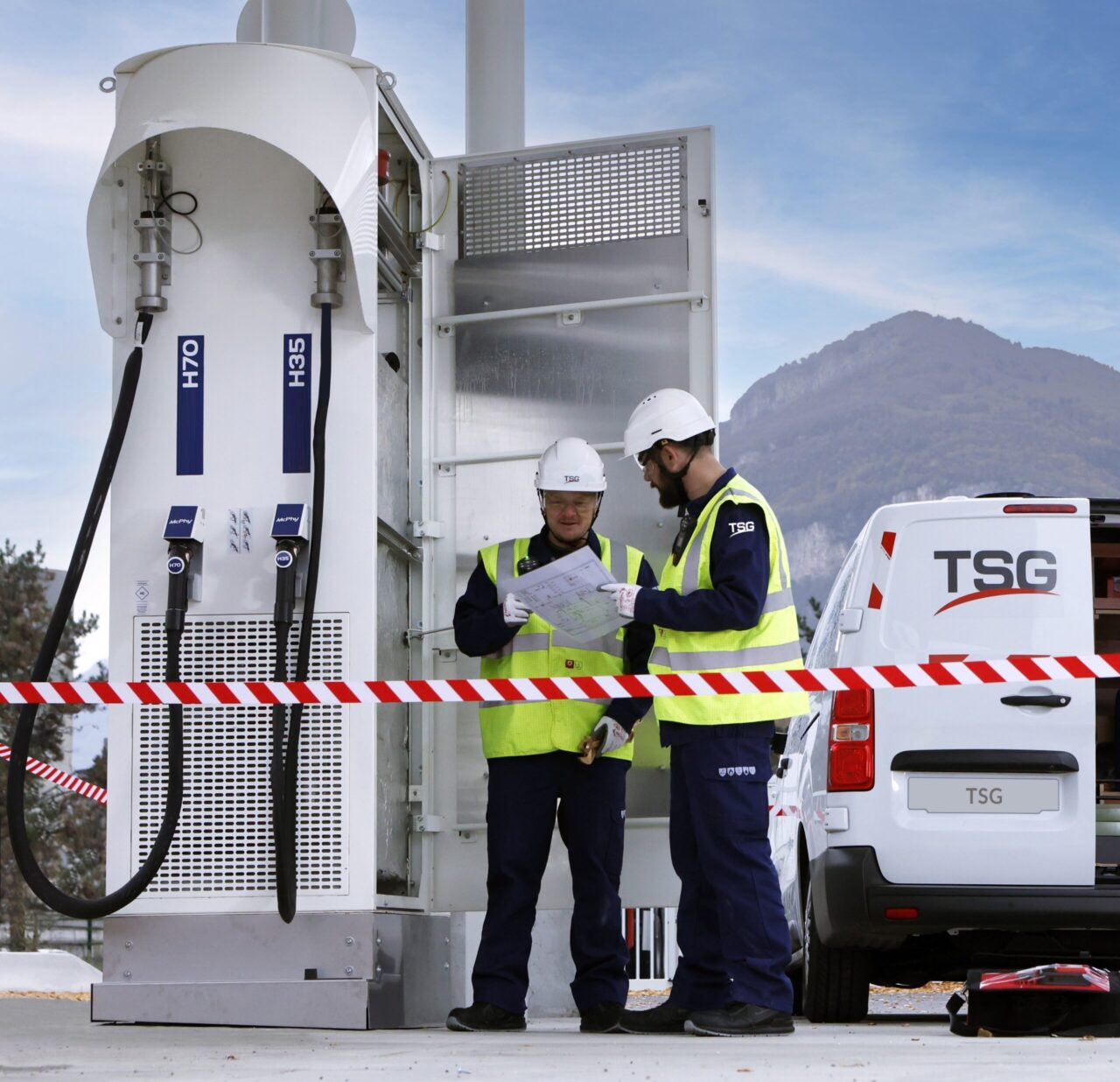Buses and Coaches
For travellers in the city or the country, the local bus service is the most common and popular form of public transport in the UK. Carrying many thousands of passengers every day to work, school, hospitals, gyms and shopping centres from early morning to late at night. While buses run on local routes, coach travel operates on an intercity network that connects the country’s largest towns and cities.
The bus and coach industry continues to develop, as a sector driven by exacting standards of service, comfort and safety, customer demands are now driving change. Many operators have already implemented upgrades to the fleet to attract new passengers and make the experience of bus travel more appealing, such as air conditioning, free Wi-Fi, CCTV and USB charging points. However, as concerns for climate change rise, the general public are seeking eco-friendly alternatives in all aspects of their life, including how they travel.
Partnerships are pivotal to the progression of public transport networks, between bus and coach operators, service providers and local authorities, forming the foundation on which a new successful passenger travel strategy will be developed to include alternative energies such as electric and gas.







